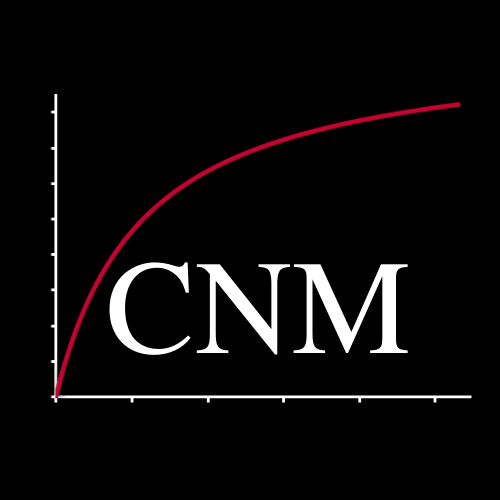We have four centres of excellence.
Animal Welfare

The Campbell Centre for the Study of Animal Welfare (CCSAW) was established in 1989 as a university-wide centre. Its mission is to promote the welfare of animals through research and education. The centre has over forty Associated Faculty members, drawn from animal and veterinary sciences, humanities and social sciences. Areas of research include: Assessing and improving welfare of farm, laboratory, companion, zoo and wild animals; Investigating practical alternative housing systems for livestock and poultry that promote good welfare and are economically sustainable; Validating traditional and automated indicators of well-being in both the laboratory and in practical settings; Measuring states of pain, fear and distress during housing, transport and slaughter and developing ways to mitigate those states; Identifying risk factors associated with aspects of early experience, temperament and genotype that predispose animals to good or poor well-being; Conducting fundamental research into the motivational and neurobiological bases of abnormal behaviours and applying that research to alleviate these problems in practice.
The Behaviour and Welfare faculty members in Animal Biosciences are core CCSAW faculty who focus their teaching and research on animal welfare science.
Aquaculture

The Aquaculture Centre (AC) provides Ontario aquaculture information to industry participants and frequently to the general public. Technology transfer and information are conveyed through regular workshops, seminars, factsheets, and applied training programs. In addition to information dissemination, the AC assists with government liaison and trouble-shoots a wide variety of non-diagnostic problems confronted by farmers.
Genetic Improvement of Livestock

CGIL is an international leader in education, research and promotion of animal breeding, genetics and genomics of livestock. Established in 1984, CGIL is located at the University of Guelph and involves faculty, post-graduates, and students in a variety of areas of genetic improvement of livestock species including cattle, swine, sheep, goat and turkey, among others. CGIL has an updated central computing facility and expertise applying computationally intensive methodologies required for genetic and genomic research. CGIL’s activities are also supported by several research stations located in Guelph’s vicinity. CGIL’s mission is to position the Canadian livestock industries as global leaders in animal genetic, products and genetic improvement technologies through world leading research and training in quantitative genetics, animal breeding and animal genomics.
Nutrition Modelling



The Centre for Nutrition Modelling (CNM) is concerned with animal nutrition and developing biomathematical models to obtain an improved quantitative appreciation of the scientific and management aspects of animal agriculture. Its programme covers the main areas of the Department's nutrition research and deals with dairy and beef cattle, swine, poultry, fish, equine, and pet species. Work is usually collaborative. The approach is concerned with application, integration and understanding, and it covers the spectrum from basic, through strategic, to applied research. A biomathematical model supported by suitable computer software provides an excellent vehicle for making recent research findings available in an easy to use form. Models may be used to investigate the benefits of new methods suggested by research, stimulating the adoption of improved production techniques. Integration of knowledge is an essential feature of complex biological systems. A model provides the only way of bringing together conceptually research results about parts of the system, giving a coherent view of whole system performance.